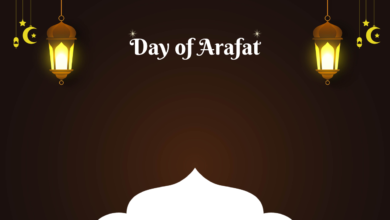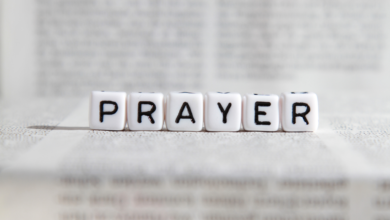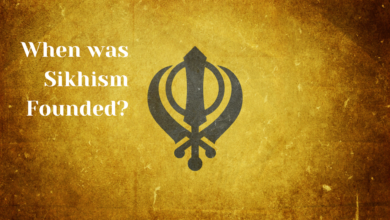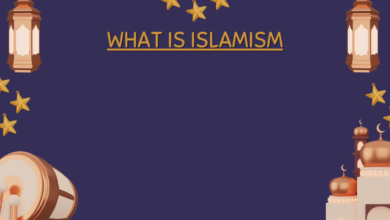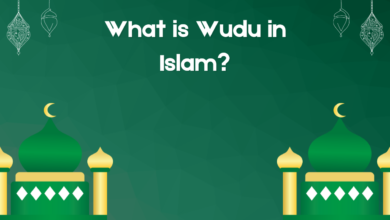How Muslims Spend his Life?
Nurturing Faith and Community: A Glimpse into Muslim Life
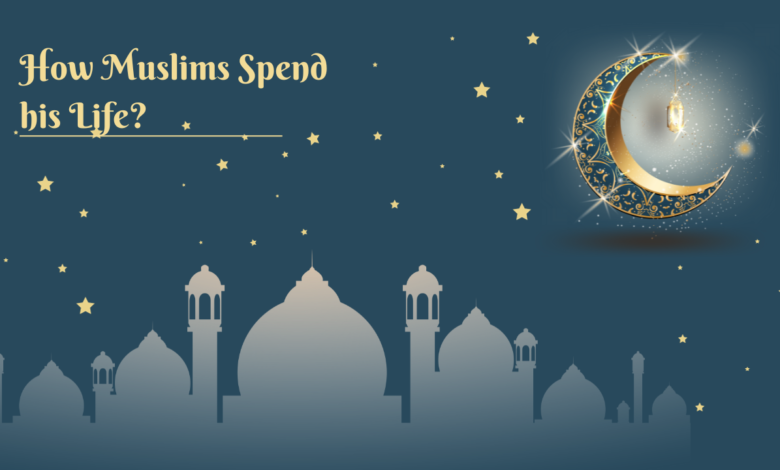
How Muslims Spend his Life?
Daily prayers, known as Salah, are a fundamental aspect of a Muslim’s life. They serve as a direct connection to Allah (God) and provide moments of reflection and submission to divine will.
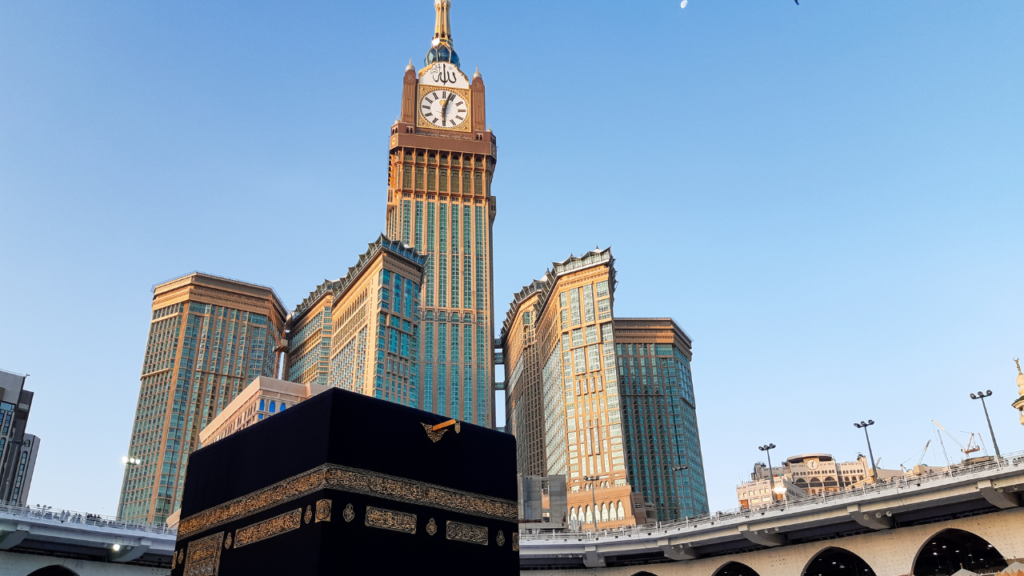
Introduction
Islam, one of the world’s major religions, is not just a faith but a way of life. Muslims, the followers of Islam, are guided by a set of principles and values that shape every aspect of their lives. From daily rituals to long-term goals, the life of a Muslim is deeply rooted in faith, community, and service. In this article, we will explore how Muslims spend their lives, emphasizing the importance of spirituality, family, and community in their journey.
Daily Prayer and Worship
A cornerstone of a Muslim’s life is the daily practice of prayer and worship. Muslims are required to pray five times a day, facing the holy city of Mecca. These prayers, known as Salah, serve as a direct link between the individual and Allah (God). Each prayer has its own prescribed time, and they are observed at dawn, midday, mid-afternoon, sunset, and night.
These daily prayers are not only a means of spiritual connection but also a reminder of one’s purpose and responsibilities in life. They provide moments of reflection, gratitude, and submission to the divine will.
Also check.
- What is Islamism?
- What Does Allah Look Like?
- Who is the Wessiah in Islam?
- What is Wudu in Islam?
- What Time is the Muslim Prayer?
Fasting During Ramadan
One of the most significant acts of worship in Islam is fasting during the holy month of Ramadan. Muslims fast from dawn until sunset, refraining from food, drink, and other physical needs during daylight hours. Ramadan is a time of self-discipline, reflection, and increased devotion.
Fasting is not just about abstaining from physical nourishment but also involves spiritual nourishment through increased prayer, Quranic recitation, and acts of charity. The end of Ramadan is celebrated with the holiday of Eid al-Fitr, a time of communal prayer, feasting, and giving to the less fortunate.
Community and Family
Muslims place a strong emphasis on family and community bonds. Family is considered the cornerstone of society, and maintaining strong family ties is not just a cultural practice but also a religious duty. Muslims are encouraged to care for their parents, spouses, and children and to provide for their material and emotional needs.
In addition to the family, the Muslim community, known as the Ummah, plays a vital role in a Muslim’s life. Muslims come together to worship, support one another, and engage in acts of charity and service. The sense of community fosters a deep sense of belonging and solidarity.
Charity and Social Responsibility
One of the Five Pillars of Islam is Zakat, which is a form of mandatory charity. Muslims are required to give a portion of their wealth to those in need, typically 2.5% of their savings and investments annually. Beyond Zakat, many Muslims engage in voluntary acts of charity, known as Sadaqah, to support various social causes and help those less fortunate.
Muslims believe in the importance of social justice and helping those who are vulnerable or marginalized. This commitment to charity and social responsibility is an integral part of how Muslims spend their lives.
Education and Personal Growth
Muslims also prioritize education and personal growth. Knowledge is highly valued in Islam, and the pursuit of knowledge is seen as a religious duty. This commitment to learning extends from religious studies and Quranic memorization to academic and professional development.
Muslims strive to be well-informed and contribute positively to society, reflecting the belief that education and personal growth are pathways to fulfilling one’s purpose in life.
Conclusion
In summary, the life of a Muslim is characterized by devotion to faith, family, community, and social responsibility. Daily prayers, fasting during Ramadan, and acts of charity are fundamental aspects of their spiritual journey. Family and community bonds are cherished, and education and personal growth are actively pursued. While the specifics may vary among individuals and cultures, the overarching principles of Islam guide Muslims in how they spend their lives, emphasizing the values of faith, compassion, and service to others.
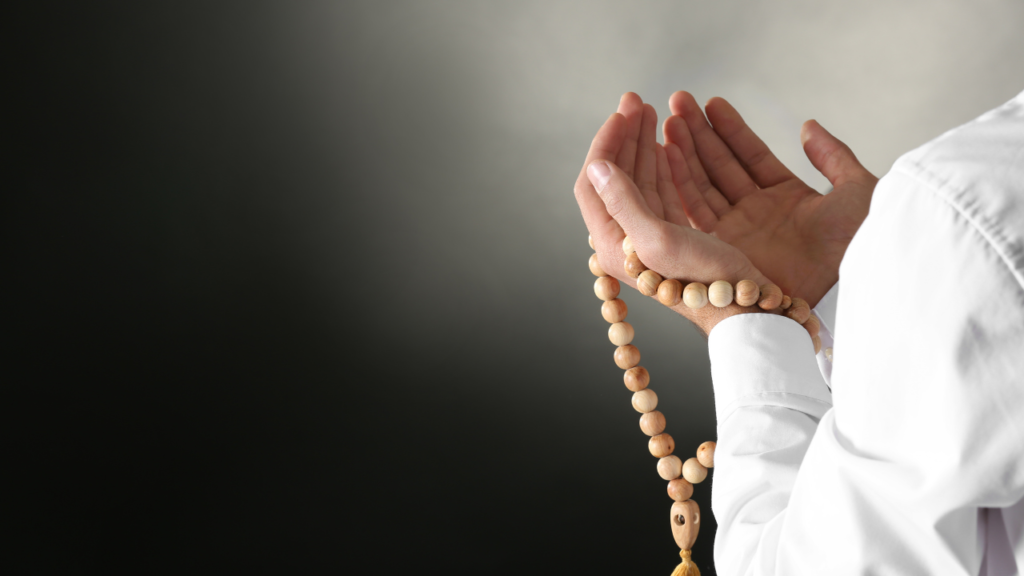
FAQs
What role does daily prayer play in the life of a Muslim?
Daily prayers, known as Salah, are a fundamental aspect of a Muslim’s life. They serve as a direct connection to Allah (God) and provide moments of reflection and submission to divine will.
What is the significance of fasting during Ramadan for Muslims?
Fasting during Ramadan is a spiritual practice that involves self-discipline, increased devotion, and reflection. It is a means of purifying the soul and developing empathy for the less fortunate.
How do Muslims prioritize family and community in their lives?
Family is considered the cornerstone of society in Islam, and Muslims are encouraged to care for their families and maintain strong ties. The Muslim community, or Ummah, also plays a vital role, fostering a sense of belonging and solidarity.
What is Zakat, and why is it important in a Muslim’s life?
Zakat is a mandatory form of charity in Islam, requiring Muslims to give a portion of their wealth to those in need. It is an expression of social responsibility and helps support the less fortunate.
Why is education highly valued in Islam?
Knowledge is highly esteemed in Islam, and seeking knowledge is considered a religious duty. Muslims are encouraged to pursue both religious and secular education to contribute positively to society.
How do Muslims balance their religious and everyday responsibilities?
Muslims strive to strike a balance between their religious duties and daily life. They integrate their faith into their daily routines, ensuring that their actions align with their religious beliefs.
What are some common acts of charity, besides Zakat, that Muslims engage in?
Muslims engage in voluntary acts of charity, known as Sadaqah, to support various social causes and help those in need. These acts can include feeding the hungry, providing clothing, or assisting in disaster relief efforts.
How do Muslims celebrate religious holidays like Eid al-Fitr and Eid al-Adha?
Eid al-Fitr is celebrated at the end of Ramadan with communal prayers, feasting, and the exchange of gifts. Eid al-Adha, the Festival of Sacrifice, involves prayers and the sharing of meat from an animal sacrifice.
What are some cultural variations in how Muslims practice their faith and spend their lives?
The practice of Islam can vary among different cultures and regions, influencing customs and traditions. However, the core principles of faith and devotion remain consistent.
How do Muslims view the concept of personal growth and self-improvement?
Muslims believe that personal growth and self-improvement are essential for fulfilling one’s purpose in life. They actively pursue education and self-development to contribute positively to society and their community.
